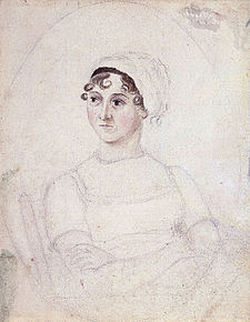
However, she wrote in a time of almost perpetual warfare and her books were read by her contemporaries who were only too well aware of the effects of the war on their nation. Some critics and scholars have actually denigrated Austen’s works because they are not War and Peace or Vanity Fair.
Below, L, Alan Rickman as Colonel Brandon; M, Adrian Lukas as Mr. Wickham; Ciaran Hinds as Captain Wentworth, all films are the 1995 versions.
Next June 18th is the 200th anniversary of the Battle of Waterloo, with huge reenactments taking place on the original location in today’s Belgium, just a dozen miles south of Brussels. Exhibitions, memorials, and other anniversary activities are planned all over Europe. There were no celebrations of the 100th anniversary in 1915 because Europe was fighting in much the same area in the Great War.
Since the summer of 1809, Jane Austen, her sister Cassandra, their mother, and Martha Lloyd were living in Chawton, at the cottage provided for them by Edward Austen, later known as Edward Austen-Knight, the brother who was taken into the Knight family as the heir of his father’s wealthy relatives. Jane Austen had just over two years to live.
Waterloo is in the present day nation of Belgium, north of France. Paris to Brussels is a distance of 160 miles. From the French border to Brussels is a bit over forty miles. Below L, Napoleon and the Imperial Guard; R, below, Scotland Forever, Charge of the Highlanders, by Lady Butler.
Here’s a little background on the Battle of Waterloo. Napoleon gained power in France after the end of the Reign of Terror and eventually in 1804 crowned himself as Emperor. He intended to conquer most of Europe and establish French rule over the former Holy Roman Empire, the Italian states, Spain, Scandinavia, Eastern Europe and Russia – from the Atlantic east to Moscow and beyond. But perhaps most of all, he wanted to conquer the United Kingdom of Great Britain and Ireland. Over the years, Six Coalitions of European powers opposed his armies, but Napoleon was rarely defeated. Britain’s role was usually to provide funds, not troops, for the European battles. For many years the British faced a huge French army encamped at Boulogne, just across the English Channel on the coast of France, preparing an invasion. Belo w. two of the reactions of British political cartoonists to the attempted invasion.
William Clarkson Stanfield.
Then, in 1808, Britain sent troops to defend Portugal from takeover by Napoleonic Spain, conquered but not subdued by the French. The Peninsular War lasted until the first defeat and exile of Napoleon to Elba in 1814. The British allied with the Portuguese army and the troops of the anti-French Spanish fought their way into southern France about the same time that Napoleon was defeated by the Sixth Coalition [after losing the Battle of Leipzig, October 16-19, 1813.]
The British army was led in the Peninsula by Arthur Wellesley, who was honored for his victories with increasingly important titles, is best known as the first Duke of Wellington. After the Allies entered Paris on March 31, 1814, the Duke was British Ambassador and head of the army of occupation.
Below, L, Napoleon at his bivouac before the Battle of Austerlitz, December 1, 1805, by Loouis-Francois, Baron Lejeune,1808; R, Duke of Wellington at Vittoria, Spain, 21 June, 1813; by Thomas Jones Barker.
Napoleon was sent into exile on the island of Elba in the Mediterranean Sea, just 12 miles off Italy. Many of the most experienced British troops were shipped off to North America to fight in the war with the United States. In London, the Allies celebrated their victory with elaborate feasts, fireworks and concerts in June 1814. In August, British troops burned the White House and the Capitol in the half-built town of Washington City.
[The War of 1812 was settled by the Treaty of Ghent (Dec. 14, 1814) when the Battle of New Orleans took place. American troops led by Andrew Jackson triumphed over the British, led by General Ned Pakenham, who died in the fight. He was the brother of Kitty, Duchess of Wellington. The date was January 8, 1815.]
In September 1814, the Congress of Vienna assembled to sort out the mess Napoleon had made of European borders. In March of 1815 came the news that Napoleon had returned to France and was marching on Pairs with many eager recruits and much of his old army. The Congress of Vienna declared him an outlaw, and nations again prepared for war.
Jane Austen and the Battle of Waterloo Part Two, next week.

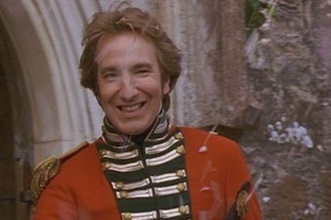
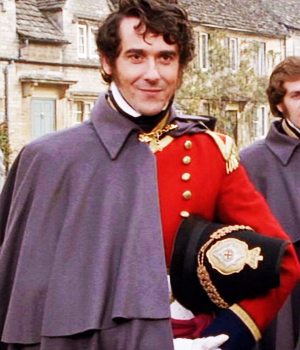
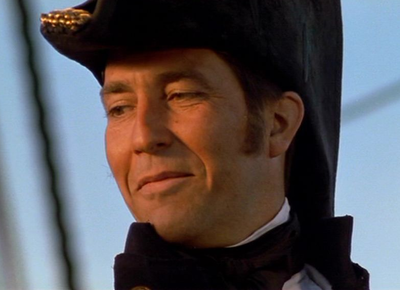
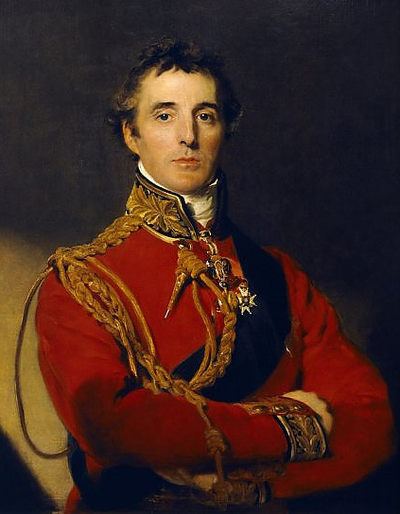
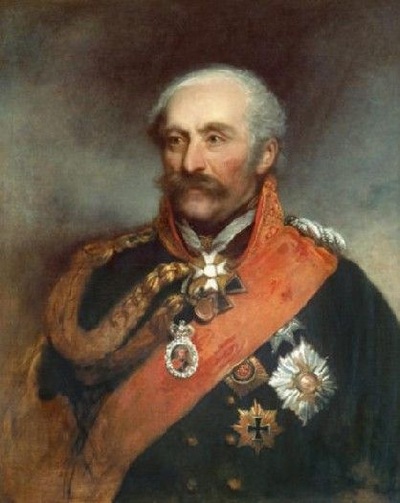
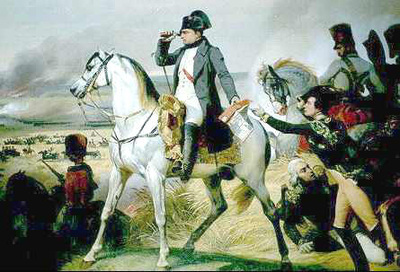
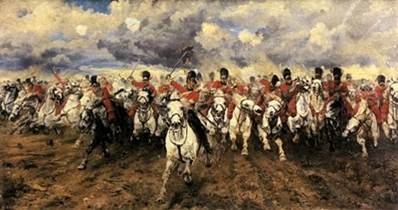
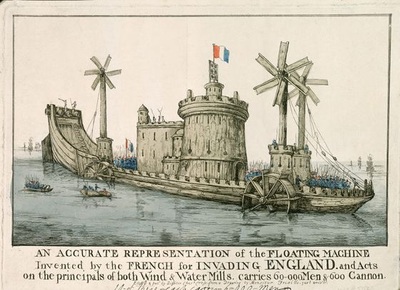
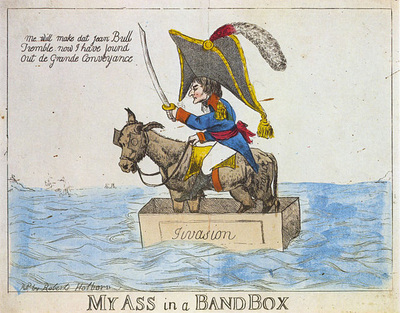
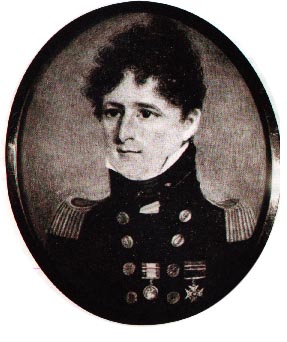
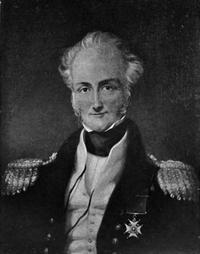
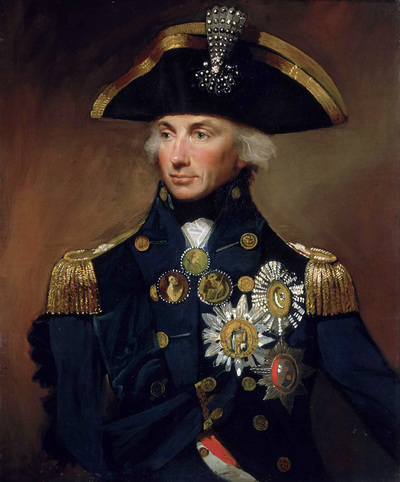
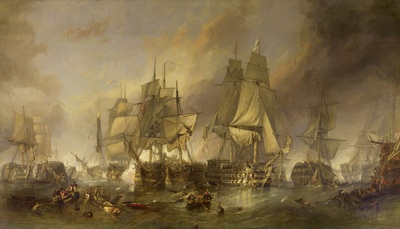
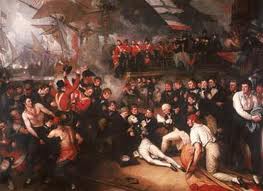
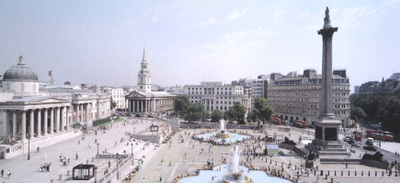
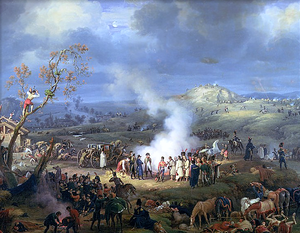
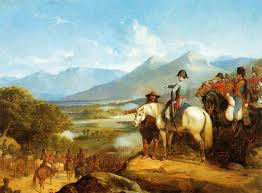
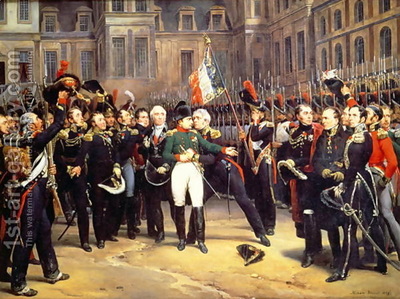
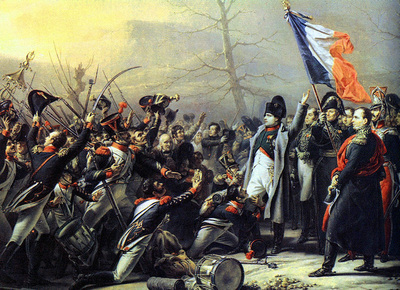
 RSS Feed
RSS Feed